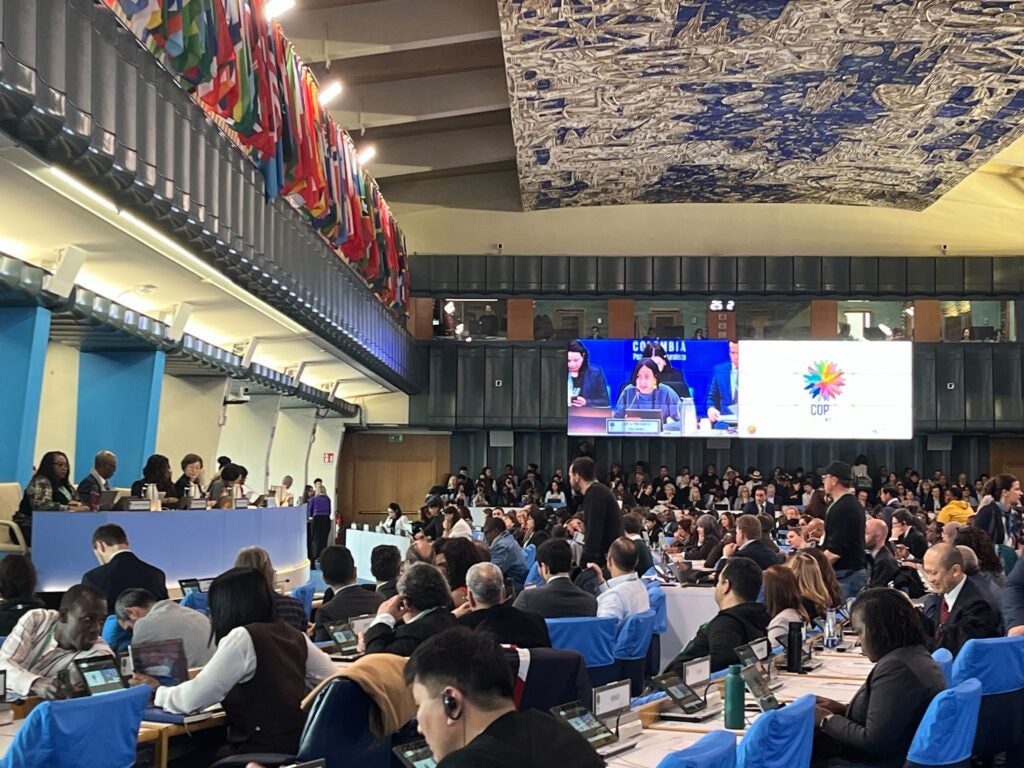Global Aid Reimagined: How America's Development Finance Giant Gets a Power Boost

As the strategic rivalry between the United States and China intensifies, Congress holds a pivotal role in shaping the future of the Development Finance Corporation (DFC). The agency stands at a critical crossroads, with lawmakers having the power to transform it from a passive observer to a dynamic force in the global economic landscape.
The DFC represents a unique opportunity for the United States to counter China's expansive global infrastructure and investment strategies. By empowering this financial institution, Congress can provide a compelling alternative to China's Belt and Road Initiative, offering nations a more transparent and sustainable path to economic development.
Currently, the corporation sits on the periphery of international economic engagement. However, with strategic legislative support, the DFC could become a game-changing instrument of American soft power and economic diplomacy. Lawmakers have the chance to reimagine the agency's scope, funding, and operational capabilities, potentially turning it into a robust tool for advancing U.S. strategic interests worldwide.
The decisions made in the halls of Congress will ultimately determine whether the DFC remains a marginal player or emerges as a central protagonist in the complex geopolitical chess match between the United States and China.








